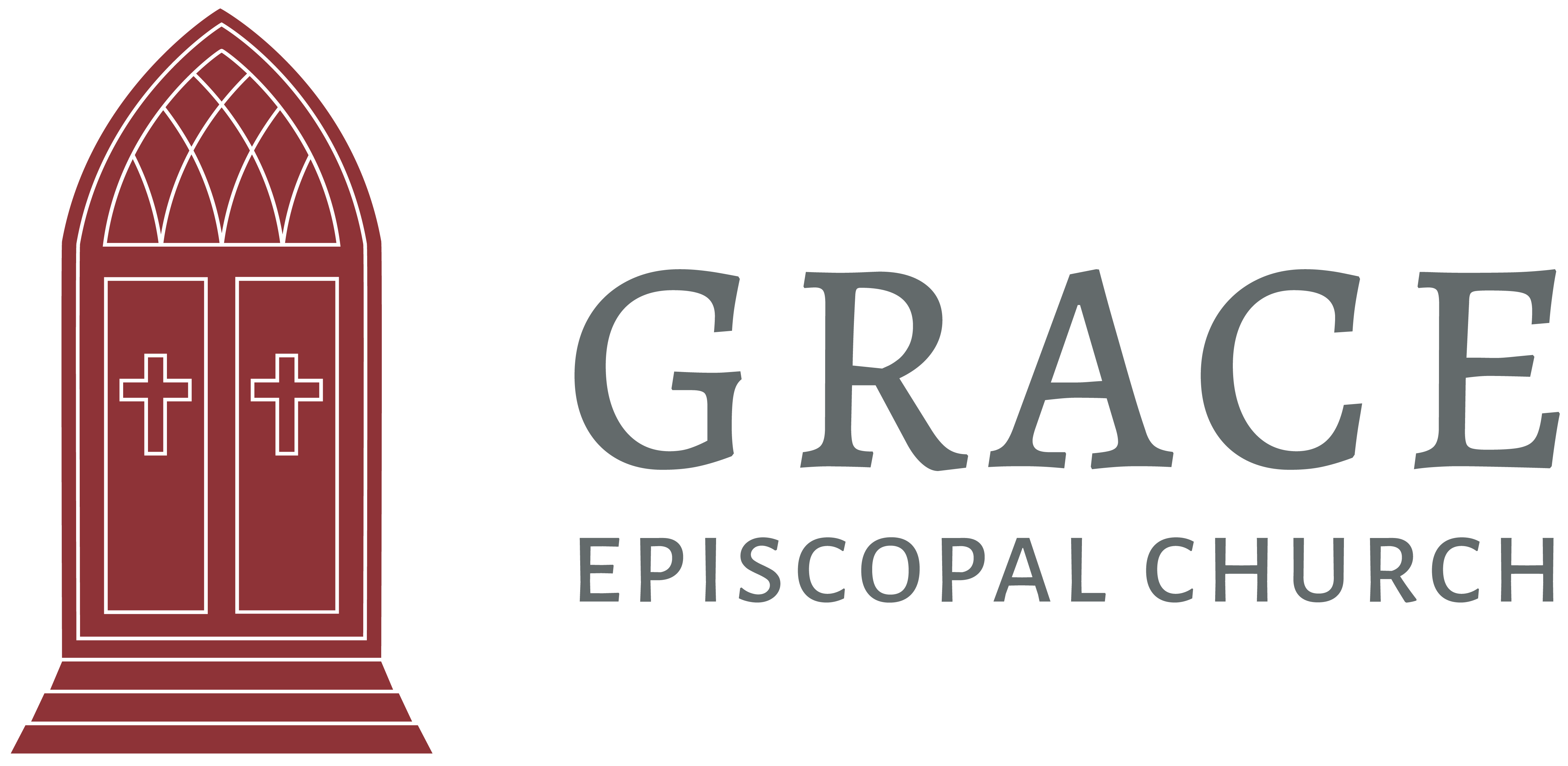Psalm 119:145-176; 2 Kings 22:14-23:3; 1 Cor. 11:23-34; Matt. 9:9-17
‘This is my Body.’ Τοῦτό μού ἐστιν τὸ σῶμα. ‘This… of me… is… the… body. A very simple sentence, and one which has given rise to more acrimony and hair-splitting than any other simple sentence in the long and (sadly often) acrimonious history of Christian hair-splitting. Both sides line up (and there are more than ‘both,’ with transsubstantiation and transignification and substantive change and objective reality, with real presence and consubstantiation and symbolist and bare memorial meal parties and subparties aplenty willing to anathematize one another over the hidden meaning of the absent words which ‘must’ complete this simple sentence) with mutual antipathy to lob anathemata at one another. And for the record, I’m a real presence guy with objective reality tendencies, straight down the line high church Anglican. Guilty as charged. What I’m not doing is lobbing anathemata. Just laying out my biases for the record, not condemning you for having your biases.
We work ourselves into all kinds of rhetorical corners, friends, when we start trying to take the ‘hard’ out of the Gospel. Yes, this sentence is hard. It’s hard trying to figure out where the Body of Christ ‘is:’ in the minds of the listening faithful or on their tongues, on the altar hidden behind ‘species’ of wheat and grape, at the right hand of Glory in heaven, wounded and yet unbloody. Can’t be all of the above, can it? It must have scandalized His first listeners, good pious Jews who knew that ‘this’ is the bread of poverty, the re-actualization of their ransom from slavery in Egypt, the thing that sets the seal on their actual participation in that historic event which happened millennia before their birth. For Jesus to change that meaning must have raised hackles and concerns. It still scandalizes loads of people, who want it be a simple, easy proposition that doesn’t cause any philosophical discomfort: either Jesus’ Body is in heaven (the obvious corollary of the Ascension) or else in the pews (the obvious corollary of Paul’s Body-of-Christ theology in the very next chapter of this very epistle) or else on the paten waiting to be swallowed. Can’t be two or three or six places at once, defies logic.
Yep, defies logic. That’s the point. So does losing one’s life to find true life. So does forgiving your enemies before you can ascertain whether they’ve changed their minds and laid down their swords pointed just a minute ago at your throat, or not worrying about tomorrow since today has so many worries of its own, or believing that there’s a God in heaven and a love that spins the atoms on their axes even when so much around us seems random to outright inimical. So does much of the Gospel: it’s beyond logic, bigger than logic. Because it’s a mystery, something proven by the living of it and not proven by the thinking-out-in-advance of it. The Gospel’s not logical, friends. Never has been. And no, I’m not a mystic: I’m a pretty hard-headed, practical, make your plans kinda guy. But my inclinations oughtn’t shape the Gospel: the Gospel’s supposed to change my inclinations. I am wrong when I insist that all things conform to my preconceptions.
The bread is the Body. So’s the glorified and unbloodied yet wounded Jesus seated at the right hand of Glory. So’s the often fractious and always unworthy congeries of sinner-yet-saints seated in the pews and active in the world. All, at the same and illogical, time the Body. Not logical, not supposed to be. We live that mystery, we don’t understand it. And until we get past our idolatrous insistence that our little limited minds be able to grasp what He meant and how He works, the He Who is spinning those atoms on their trillion-fold axes and weaving the futures together from today’s chaos into a pattern of fulfillment and glory: until we get past that idolatrous insistence that logic governs the universe when in fact it’s Love, illogical and splendid Love, which does… well, until we get over ourselves, we’re going to keep arguing about syntax. Get busy living the mystery, however you understand it: just remember that your understanding, however energizing it may be for you, is the understanding of an ant struggling to make sense of the universe. It’s the living, not the understanding, that turns a mystery into a living, breathing, cosmos-changing thing. Get busy living, friends. Get busy living.
